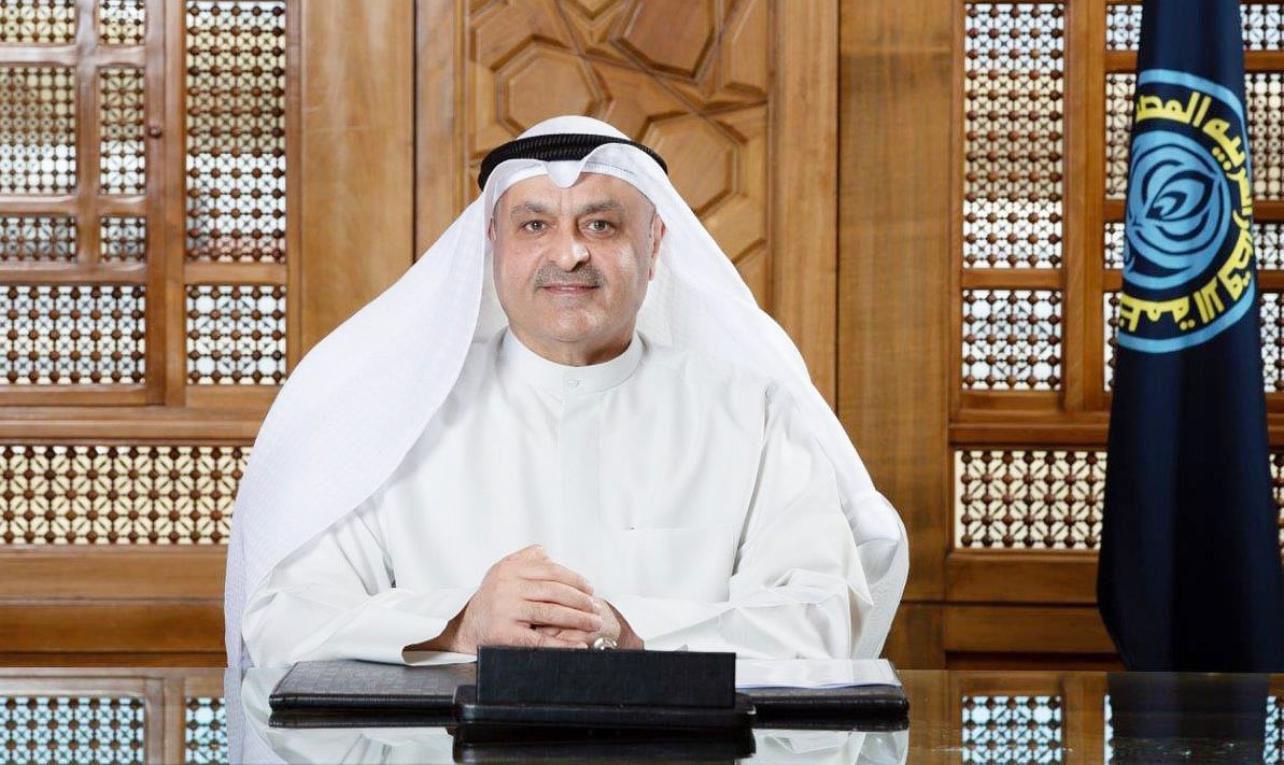
403
Sorry!!
Error! We're sorry, but the page you were looking for doesn't exist.
OAPEC Highlights Member States' Potential In Sustainable Energy
(MENAFN- Kuwait News Agency (KUNA))
By Khaled Al-Mutairi
KUWAIT, Sept 5 (KUNA) -- Secretary General of the Organization of Arab Petroleum Exporting Countries (OAPEC) Jamal Al-Loughani said on Thursday that Arab countries have valuable opportunities to become global leaders in the production and export of sustainable and low-carbon fuel.
In a statement to KUNA, Al-Loughani highlighted OAPEC's newly published study about Sustainable Aviation Fuel (SAF), noting that Arab countries possessed the necessary infrastructure and financial resources for renewable energy projects.
The study also reviewed international and regional initiatives aimed at producing and consuming SAF in an effort to reduce carbon emissions from the aviation sector, which was a major contributor to climate change.
Al-Loughani mentioned that global carbon emissions from aviation reached approximately 780 million tons in 2023, representing 2.5 percent of total global emission, he added that this could be triple by 2050, reaching around 2.6 gigatons annually due to the growing demand for air travel.
Despite the large reserves of oil and gas in most Arab countries, Al-Loughani emphasized that many of these nations were at the forefront of diversifying their energy mix and reducing carbon emissions.
He added that oil refineries in OAPEC member states can play a critical role in producing low-carbon aviation fuel by utilizing existing infrastructure, such as storage facilities and pipelines, to lower investment costs.
Al-Loughani acknowledged that the primary obstacle to producing SAF was its high cost, which can range from two to eight times the price of traditional aviation fuel, he stressed that significant political support was needed to bridge this price gap and incentivize the production of sustainable fuel.
Investing in SAF and low-carbon technologies was essential for advancing green innovations in the aviation sector, and while fossil fuels remain part of the energy equation, decision-makers must consider the role of low-carbon aviation fuel in achieving broader sustainability goals.
In order to maximize SAF production capacity, Al-Loughani called for increased cooperation between the energy and aviation sectors, supportive legislation and policies, and improved operational performance of oil refineries.
Al-Loughani pointed out the great exposure to sun radiation as well as large lands, which enable Arab countries to produce green hydrogen using electricity generated from solar and wind farms. (end)
km
KUWAIT, Sept 5 (KUNA) -- Secretary General of the Organization of Arab Petroleum Exporting Countries (OAPEC) Jamal Al-Loughani said on Thursday that Arab countries have valuable opportunities to become global leaders in the production and export of sustainable and low-carbon fuel.
In a statement to KUNA, Al-Loughani highlighted OAPEC's newly published study about Sustainable Aviation Fuel (SAF), noting that Arab countries possessed the necessary infrastructure and financial resources for renewable energy projects.
The study also reviewed international and regional initiatives aimed at producing and consuming SAF in an effort to reduce carbon emissions from the aviation sector, which was a major contributor to climate change.
Al-Loughani mentioned that global carbon emissions from aviation reached approximately 780 million tons in 2023, representing 2.5 percent of total global emission, he added that this could be triple by 2050, reaching around 2.6 gigatons annually due to the growing demand for air travel.
Despite the large reserves of oil and gas in most Arab countries, Al-Loughani emphasized that many of these nations were at the forefront of diversifying their energy mix and reducing carbon emissions.
He added that oil refineries in OAPEC member states can play a critical role in producing low-carbon aviation fuel by utilizing existing infrastructure, such as storage facilities and pipelines, to lower investment costs.
Al-Loughani acknowledged that the primary obstacle to producing SAF was its high cost, which can range from two to eight times the price of traditional aviation fuel, he stressed that significant political support was needed to bridge this price gap and incentivize the production of sustainable fuel.
Investing in SAF and low-carbon technologies was essential for advancing green innovations in the aviation sector, and while fossil fuels remain part of the energy equation, decision-makers must consider the role of low-carbon aviation fuel in achieving broader sustainability goals.
In order to maximize SAF production capacity, Al-Loughani called for increased cooperation between the energy and aviation sectors, supportive legislation and policies, and improved operational performance of oil refineries.
Al-Loughani pointed out the great exposure to sun radiation as well as large lands, which enable Arab countries to produce green hydrogen using electricity generated from solar and wind farms. (end)
km
.jpg)
Legal Disclaimer:
MENAFN provides the
information “as is” without warranty of any kind. We do not accept
any responsibility or liability for the accuracy, content, images,
videos, licenses, completeness, legality, or reliability of the information
contained in this article. If you have any complaints or copyright
issues related to this article, kindly contact the provider above.


















Comments
No comment